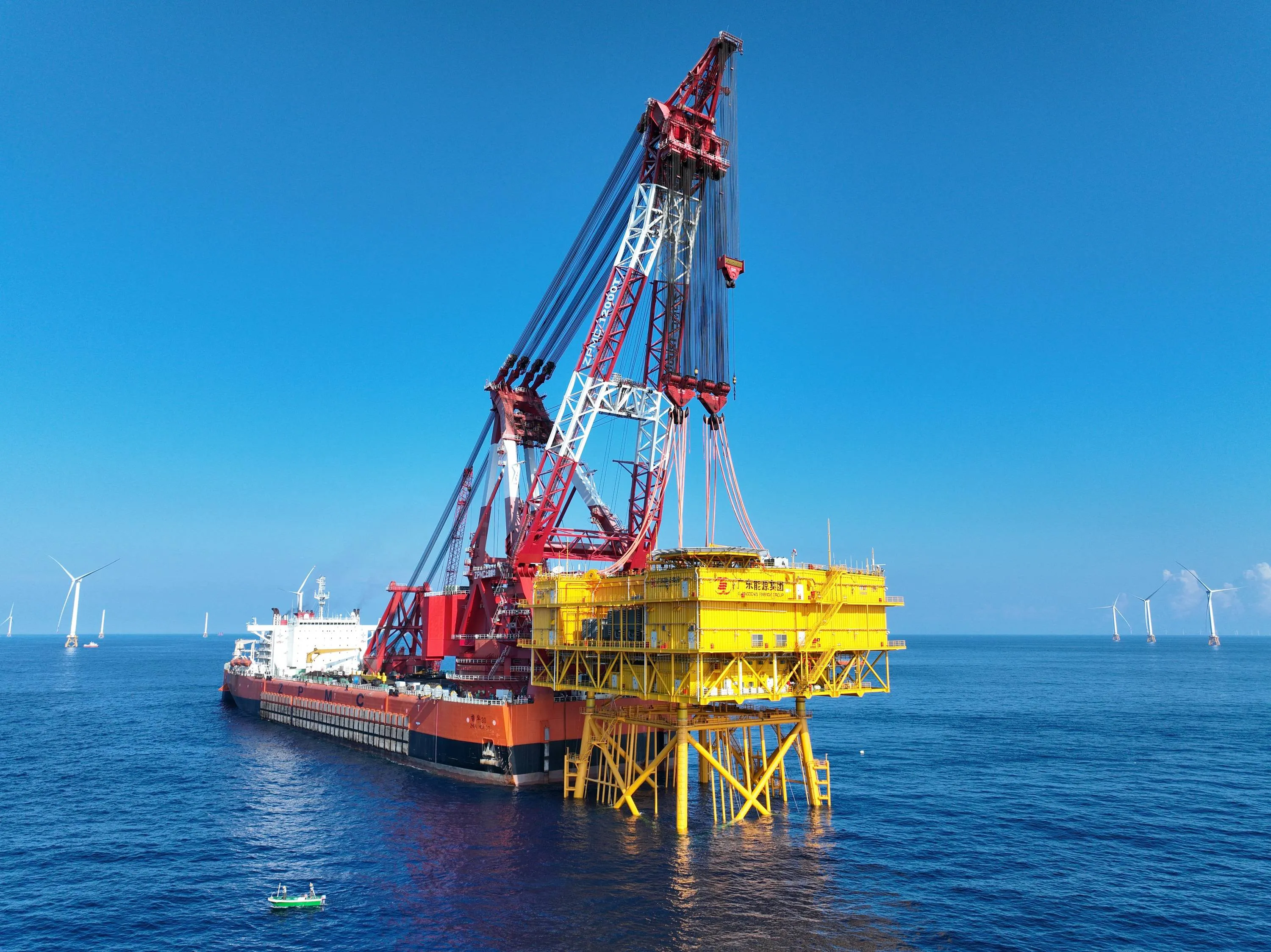 export@ezsteelpipe.com
export@ezsteelpipe.com +86 731 8870 6116
+86 731 8870 6116

Introduction to Tubular Piles for Civil Foundation Construction in Soft Areas
Tubular piles are a type of deep foundation system widely used in civil engineering, particularly in soft soil areas where traditional shallow foundations (such as spread footings) are unsuitable due to weak bearing capacity, high compressibility, or liquefaction risks. These piles are made of steel, concrete, or composite materials and are installed by driving, drilling, or vibrating into the ground to transfer structural loads to deeper, more stable soil or rock layers.
Tubular piles can be classified based on material and installation method:
A. By Material
1. Steel Tubular Piles
- Made of high-strength steel (e.g., seamless or welded pipes).
- Often filled with concrete for added stiffness and corrosion resistance.
- Used in marine structures, bridges, and high-rise buildings.
2. Concrete-Filled Steel Tubular (CFST) Piles
- Combines steel’s tensile strength with concrete’s compressive strength.
- Resists buckling and improves load-bearing capacity.
3. Precast Concrete Tubular Piles
- Less common but used in specific cases where corrosion resistance is needed.
B. By Installation Method
1. Driven Tubular Piles
- Installed using impact hammers or vibratory drivers.
- Suitable for dense soils but may cause noise/vibration.
2. Drilled Tubular Piles (Socketed Piles)
- A hole is drilled, and a steel tube is inserted and filled with concrete.
- Minimizes soil disturbance, ideal for soft/loose soils.
3. Jacked Tubular Piles
- Hydraulic jacks push the pile into the ground with minimal noise.
- Used in urban areas with vibration restrictions.
---
✔ High Load Capacity – Can support heavy vertical and lateral loads.
✔ Deep Foundation Solution – Reaches stable strata beneath weak soils.
✔ Minimal Ground Vibration(for drilled/jacked piles) – Reduces risk of soil liquefaction.
✔ Corrosion Resistance (when concrete-filled or coated) – Long-term durability.
✔ Speed of Installation – Faster than traditional bored piles in some cases.
---
- Bridge & Highway Foundations– Resists settlement in soft alluvial soils.
- Port & Marine Structures– Handles dynamic loads and scour risks.
- High-Rise Buildings – Prevents differential settlement in weak clay/silt.
- Seismic Zones – Provides stability in liquefaction-prone areas.
---
1. Site Investigation – Soil testing to determine pile length/diameter.
2. Pile Driving/Drilling– Using appropriate equipment based on soil conditions.
3. Concrete Filling (if applicable) – Reinforces steel tubular piles.
4. Load Testing – Ensures compliance with design requirements.
---
- Buckling Risk in Soft Soils→ Use thicker-walled or concrete-filled piles.
- Corrosion in Marine Environments → Apply protective coatings or cathodic protection.
- Noise/Vibration in Urban Areas → Choose drilled or jacked piles.
---
Tubular piles are an efficient and reliable foundation solution for soft soil areas, offering high load capacity, durability, and adaptability to challenging ground conditions. Proper design, material selection, and installation techniques ensure long-term stability for civil engineering projects.
 Related Products
Related Products